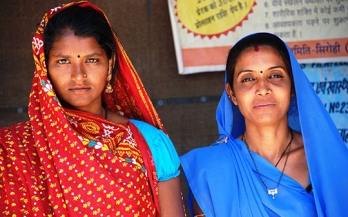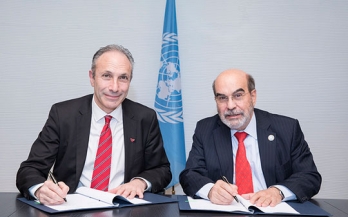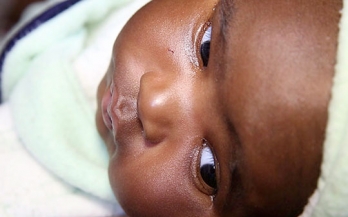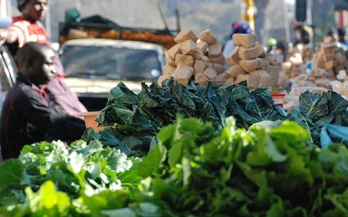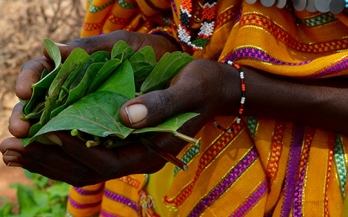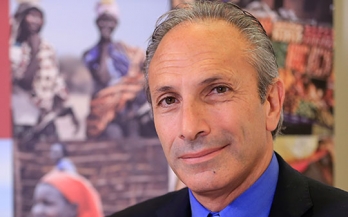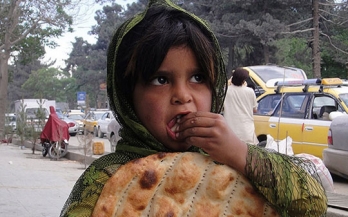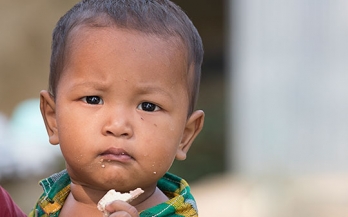GAIN has improved its performance on gender equality in 2019 Global Health 50/50: Equality Works report. Following a positive score in the 2018 report with room for improvement, GAIN has actively engaged in the strengthening its commitment to gender equality, by making its workplace gender policy publicly available and balancing board parity. Thanks to internal efforts, these indicators marked green on the 2019 edition.
FAO and the Global Alliance for Improved Nutrition (GAIN) have agreed to join forces to increase the availability and affordability of nutritious food for all in developing countries. The two organisations will also work to make urban food systems more nutrition-sensitive, through support to GAIN’s Urban Governance for Nutrition Programme and FAO’s Urban Food Agenda.
Nearly 19 million babies born globally every year – 14% – are at risk of permanent yet preventable brain damage and reduced cognitive function due to a lack of iodine in the earliest years of life, according to a new joint report by UNICEF and GAIN released today. More than 1 in 4 of these children – 4.3 million – lives in South Asia.
An international research team, led by ETH Zurich in collaboration with the Global Alliance for Improved Nutrition (GAIN), and with inputs from UNICEF, demonstrate that if most salt for human consumption is iodized, salt will provide sufficient dietary iodine to all population groups.
Scientists fear up to 50% of all newborns in Europe do not reach their full cognitive potential due to iodine deficiency. Today with the Krakow Declaration on Iodine presented at the Jagiellonian University, scientists from the EUfunded project EUthyroid, supported by several stakeholder organisations, call on European policy-makers to support measures to eliminate iodine deficiency.
GAIN and RUAF announce their new partnership to work with city governments to improve urban nutrition as a key component of sustainable urban food systems. A Memorandum of Understanding (MOU) was signed in May 2018 as part of the Urban Governance for Nutrition Programme, a programme designed to strengthen governance around nutrition and improve consumption of safe and nutritious food.
A new report calls for governments and companies to join forces to tackle global malnutrition, saying that achievement of the nutrition-related UN Sustainable Development Goals requires leveraging the resources of firms, financiers and shareholders, to work with civil society stakeholders to support the nutrition priorities of governments.
The World Food Prize Foundation awarded today the 2018 World Food Prize to Lawrence Haddad and David Nabarro, former special adviser to the UN Secretary General. Announcing the award Ambassador Quinn, World Food Prize President cited the recipients for their “extraordinary intellectual and policy leadership in bringing maternal and child nutrition to the forefront of the global food security agenda and thereby significantly reducing childhood stunting”.
A review of grain fortification monitoring documents from 68 countries indicates that key elements are generally missing from the material. To help countries revise their documentation or establish new programs, the review authors created a 44-point checklist with sample text for food fortification legislation, standards, and monitoring policies.
The Pontifical Academy of Sciences – with support from the Global Alliance for Improved Nutrition (GAIN), is convening the “Workshop on Food Safety and Healthy Diets” in Vatican City 12-13 September 2018. The workshop will highlight that all people should have access to safe, affordable and nutritious foods which are essential for sustaining life and human dignity.
